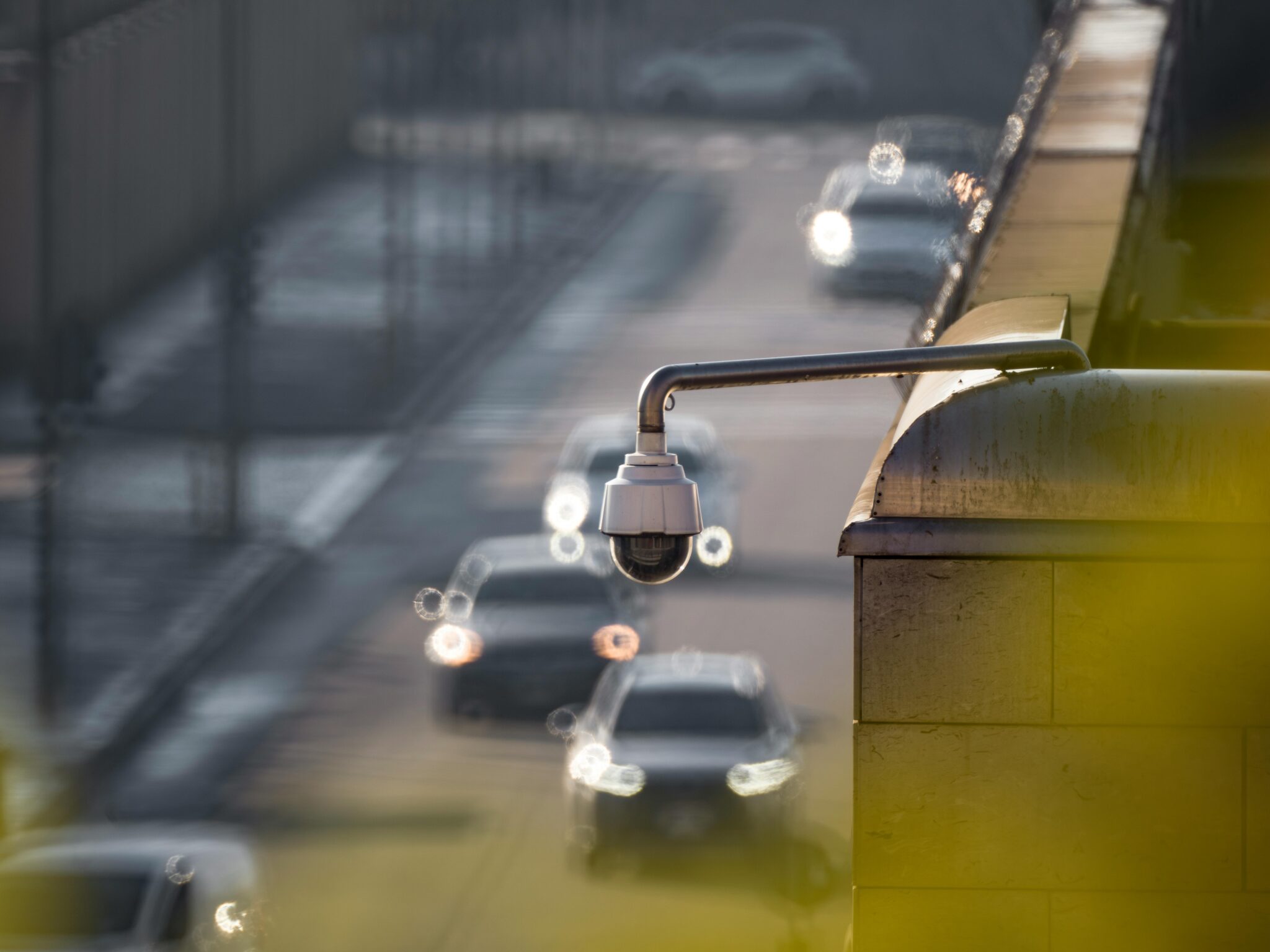SUCCESS
How Can a Security System Reduce Liability for Businesses?

Managing a business is associated with numerous tasks. It is important to protect property, keep employees safe, and ensure customers feel safe. Meanwhile, there is also the problem of minimizing liability in companies. Accidents, thefts, or disagreements can become expensive claims quite quickly. A security system is one of the best approaches to reduce these risks.

A planned system is not only a deterrence to crime. It also assists in warning off misunderstandings, assists in making efforts to be safe, and brings out clear evidence in case of problems. Protection is not only a matter of safety but also the minimization of exposure to possible legal and financial problems for many businesses.
Reducing the Risk of Theft and Damage
The least indirect advantage of having a security system is the reduction of theft and property damage. Security tools provide visible security when they are present. This prevents the criminals from targeting a business.
Other than deterring external attacks, a system also deters internal theft. When employees are aware of areas being observed, the chances of engaging in any dishonest behavior are low. This minimizes losses, which otherwise accumulate silently with time. Less theft will lead to reduced conflicts with the insurance company and reduced claims, which will impact premiums and coverage.
Property damage may also become a problem of liability. Unnoticed fires, leaks, or accidents may develop into bigger issues.
Safety in the Workplace
Access to specific areas can be monitored. This will avoid unauthorized access to areas that might be at higher risk, e.g., storage rooms or machine areas. Unsafe behaviors or locations can also be reviewed with ease using cameras, and hazards can be identified in time before causing damage.
A security system can also demonstrate that a business is actively working to safeguard its employees in a setting with stringent safety regulations. This shows that it is responsible and committed, which may come in handy in case of any claims. Having a system does not necessarily eliminate liability, but it demonstrates that the company made reasonable efforts to guard against harm.
Presenting Evidence in Controversies
Business is rife with disputes, and they may be with customers, employees, or external parties. Companies can find themselves in challenging situations when they are accused of being injured, misbehaving, or stealing. The truth is, in most instances, a matter of one side versus the other. A security system would be useful here.
Unbiased evidence may be recorded footage or access logs. Businesses can demonstrate what transpired as opposed to depending on memory or contradicting stories. This will help to solve disputes fast before they blow up into lawsuits or destructive conflicts.
Increasing Trust and Responsibility
Liability does not concern legal results only. It also entails the perception of the customers, employees, and partners towards a business. An organization with a reputation for being careless or unsafe can have its reputation harmed permanently. Security systems assist businesses in demonstrating that they are accountable in matters of safety and security.
Customers are comfortable when they encounter cameras or control access points. This feeling of security develops confidence, and confidence is a key element in customer loyalty. This is also beneficial to employees since they are assured that their workplace is a safe place where accountability prevails.
These measures are usually taken as an indicator of reduced risk by the insurance providers. The right setup can even assist businesses in negotiating better terms in some instances. This once again leads to the reduction of liability and minimizing possible costs.
Notably, responsibility has to do with action. A system without maintenance may be more of a problem than a solution. Companies need to keep cameras, alarms, and other components in good condition.
Choosing the Right System
The suitability of a security system lies in choosing the appropriate tools to suit the business. A small retail store can do with cameras and alarms at the entrance, whereas a large warehouse can use more complex solutions. In both, the system is supposed to suit the actual risks the company must deal with.
Placement also matters. Extra care is usually required in high-traffic zones, cash desks, and storage areas. Good coverage minimizes blind spots and so no details are missed that are important. It may start with a security camera system, yet alarms, access controls, and sensors may be additional layers of protection.
Conclusion
The first benefit of a security system is the reduction of liability. It deters theft, damages property, maintains safety at the workplace, and offers quality evidence during a dispute. It also develops trust among the employees, customers, and partners and demonstrates responsibility and concern. No system will eliminate every risk, and a considered arrangement will significantly reduce the exposure to claims and losses.

